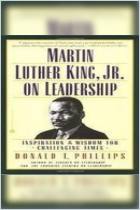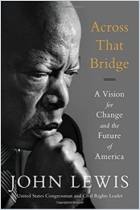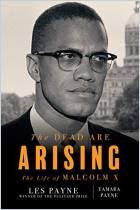
The Sword and the Shield
The Revolutionary Lives of Malcolm X and Martin Luther King Jr.
Recommendation
In the spring of 1964, Malcolm X and Martin Luther King Jr. attended the Senate debates on the US Civil Rights Act, which President Lyndon Johnson was pushing forward as a tribute to the late John F. Kennedy. King, already a celebrity, was about to win the Nobel Peace Prize. Malcolm X, a representative of the Nation of Islam, was a far more controversial figure who rejected nonviolence. But, as Peniel E. Joseph shows, by 1964 both men were changing. Malcolm X sought to influence and change democratic institutions. King understood that racism and poverty were a threat to the entire world. They both left a legacy that still shapes discussions of racism and injustice.
Summary
About the Author
History professor Peniel E. Joseph holds The Barbara Jordan Chair in Ethics and Political Values at the LBJ School of Public Affairs at the University of Texas. The author of Stokely: A Life, he was founding director of the Center for the Study of Race and Democracy.




















Comment on this summary